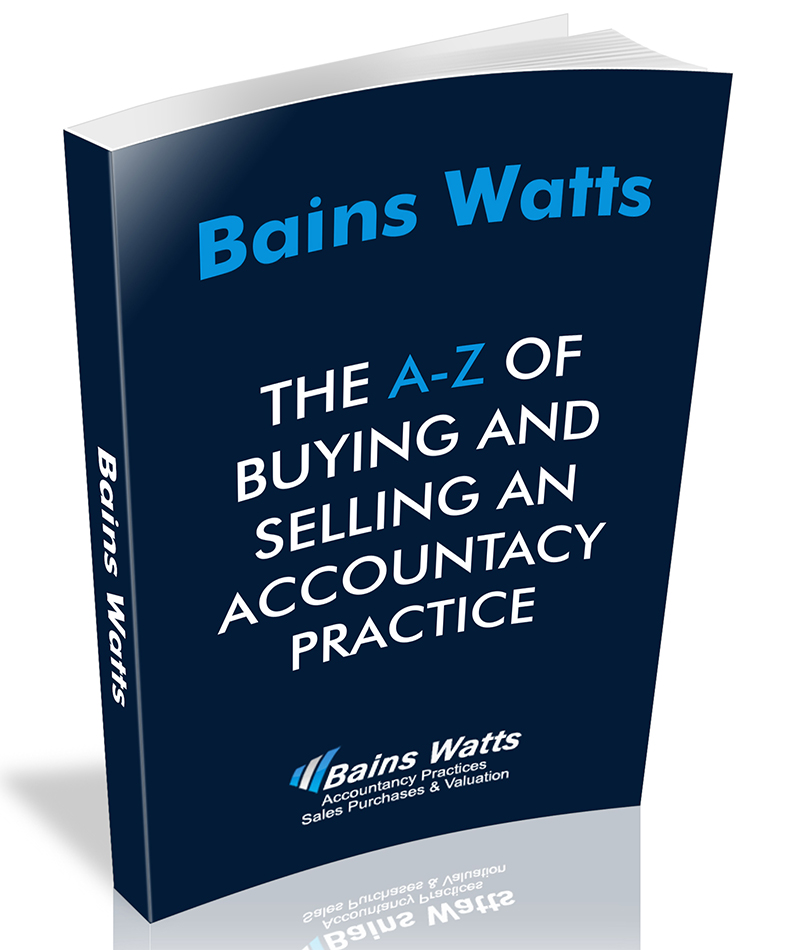The path of an accountant is often a lifelong journey. You navigate the numbers, watch businesses grow, and build relationships with clients who trust you with their most sensitive financial information. However, all good things must come to an end, and every retiring accountant has to face the big question: What to do with their practice when it’s time to hang up the abacus?
Selling an accountancy practice is a critical step for any retiring accountant. It represents the culmination of your career and years of hard work. You want to ensure it falls into the right hands, continues to serve your clients well, and brings you the retirement income you’ve worked so hard to earn.
Here are some strategies and steps for a retiring accountant considering selling their accountancy practice:
1. Start Planning Early
Don’t wait until you’re ready to retire to start thinking about selling your practice. Transitioning a business doesn’t happen overnight; it requires thoughtful planning and preparation. Begin contemplating the sale at least two to three years in advance. This will give you ample time to increase your firm’s value and find the right buyer.
2. Evaluate Your Practice
Your accountancy practice’s worth is not just the sum of your client list and your office furniture. Its value encompasses your reputation, client loyalty, employees’ skills, and your financial history. Engage a professional business valuator familiar with accounting firms to provide a fair and unbiased evaluation.
3. Enhance Your Firm’s Value
Once you’ve understood your practice’s worth, you can take steps to enhance it. Standardize and document processes, strengthen client relationships, cross-train your staff, and ensure your financial records are immaculate. These steps can make your practice more attractive to potential buyers.
4. Find the Right Buyer
Identifying the right buyer is a balancing act for any retiring accountant. You need someone who shares your values and will take care of your clients. Your buyer might be an internal employee or an external firm. Don’t rush this process; take time to interview potential buyers and make sure they’re a good fit.
5. Transition Smoothly
The retiring accountant has a crucial role in transitioning the practice to the new owner. Ensure there is a well-planned handover period where you introduce the new owner to clients and staff and pass on your business wisdom.
6. Protect Your Interests
Finally, use a competent attorney to draft a sales agreement that protects your interests. The agreement should address matters like the purchase price, payment terms, non-compete clauses, and contingencies if things don’t go as planned.
Every retiring accountant has unique needs and circumstances, and selling your practice is a significant decision that will impact your retirement. Don’t hesitate to seek professional advice and make the process as seamless as possible. After years of dedicated service, you deserve to retire comfortably and confidently, knowing that your practice is in good hands.
In conclusion, remember that the essence of your legacy as a retiring accountant doesn’t reside solely in the business you’ve built but in the value you’ve brought to your client’s lives.


